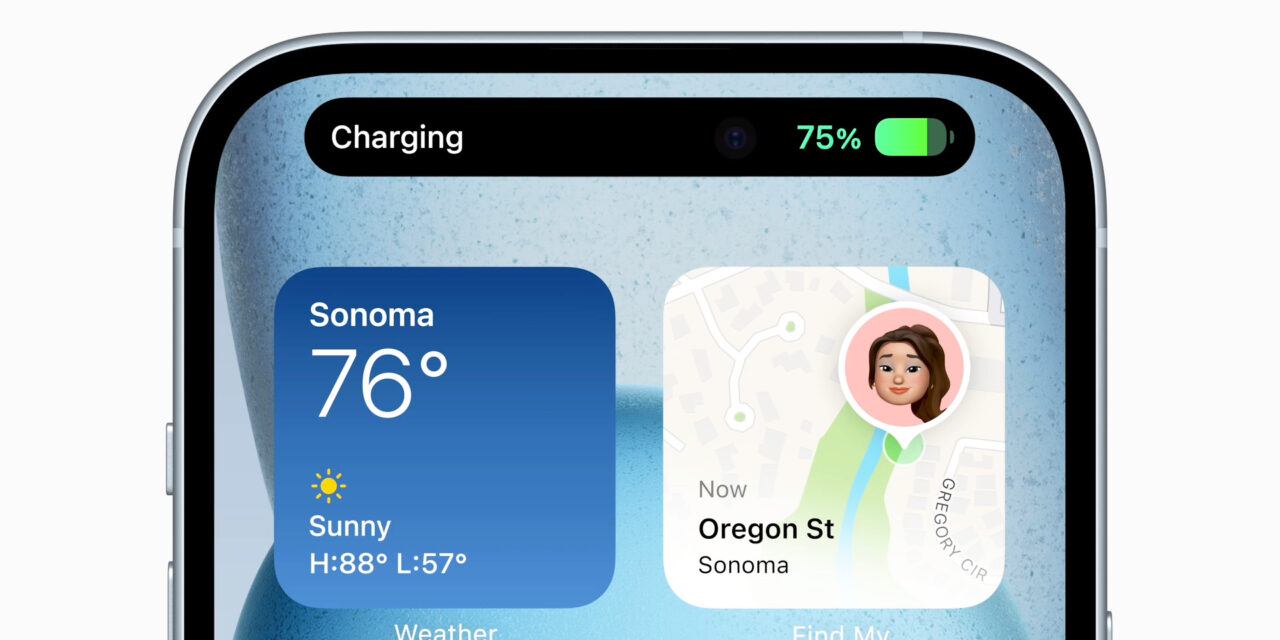
Encryption was a hot-key topic not too long ago, especially when it comes to the Federal Bureau of Investigation and Apple.
One of Apple’s iPhones was caught in a legal struggle between the two entities. The federal agency wanted unfettered access to the device, even despite Apple’s built-in encryption and security measures. Apple, for its part, wasn’t on board with that idea. Apple did try to help the FBI access that device to the best of its ability after it was ordered to do so. However, it wasn’t willing to go to the full lengths that the FBI wanted at the time.
Part of that comes in the fact that, back then, the FBI wanted keys to backdoors in Apple’s (and other companies out there) software. Apple has been adamant that building a backdoor, which would not only be accessible by Apple and government agencies upon request, would just make it easier for nefarious individuals to access the data that’s supposed to be protected. As a result, Apple has rallied against such plan.
Now, the FBI has decided to change its tune just a bit. According to a report from CNET, the FBI is no longer seeking backdoors into electronics. However, it does want encryption to have a set limit. Basically, the Director of the FBI, Christopher Wray, does not think encryption should allow for “unfettered space” for criminals to hide in. Encryption, according to Wray, should not be a means to protect criminals.
“It can’t be a sustainable end state for there to be an entirely unfettered space that’s utterly beyond law enforcement for criminals to hide,” Wray said during a live interview at the RSA Conference, a major cybersecurity gathering in San Francisco.”
Wray said that encryption is still a “provocative subject” even to this day, and did not provide any ideas as to how companies might deal with encryption moving forward, especially as it relates to securing customer data but also allowing access by federal agencies.
The good news here appears to be that the FBI has at least, for now, backed off the idea of implementing backdoors in devices and software. Whether or not that will remain the case is anyone’s guess. Plus, just because the FBI has decided to shift gears doesn’t mean that other federal agencies or law enforcement departments have, too.
[via CNET]






Recent Comments